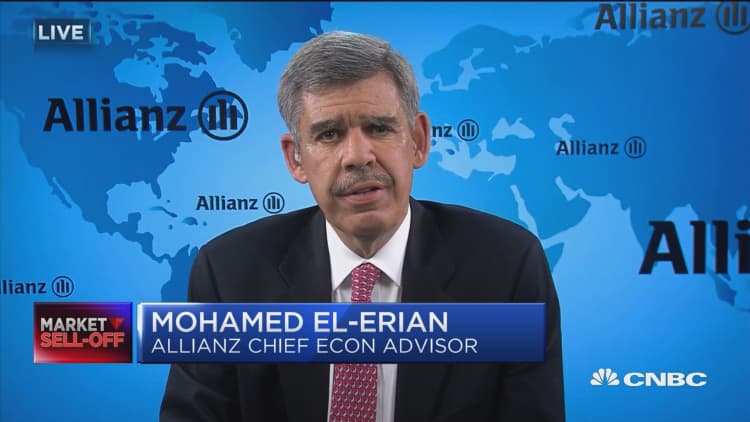If you've hated being forced to wait three days after selling a well-performing (or losing) investment to get your cash, you will likely get it a bit faster now.
As of Tuesday, most broker-dealer securities transactions — i.e., stocks, corporate and municipal bonds, and exchange-traded funds — must settle within two business days instead of three. This means if you sell a stock on Monday, the proceeds will be available on Wednesday. It also means if you execute a stock buy, you need to fund the purchase within two business days.
While many mutual funds already settle within one business day, the rule change generally will apply to those that were on a three-day schedule. Treasury bonds also already settled in one day.
The Securities and Exchange Commission said the rule change, which was finalized earlier this year, is partly intended to reduce risk to investors. The longer a transaction takes to settle, the greater the chance that one party might not deliver, which on a large scale can affect the broader market.
"Bottom line, shorter trade settlement means less risk to investors that something could come up to disrupt a trade," said Tom Price, managing director of technology and operations at brokerage trade group SIFMA and co-chair of the committee that worked closely on the securities industry's transition to the two-day settlement.
Bottom line, shorter trade settlement means less risk to investors that something could come up to disrupt a trade.Tom Pricemanaging director of technology and operations at SIFMA
The last time the time frame was changed was in 1995, when the SEC reduced it to three days from five days.

Since then, the industry has been working toward trimming it even more. There were some calls to tighten the window to one business day, although the SEC said doing so could create new problems related to risk and cost for transactions involving foreign financial markets.
"The net effect is to reduce overall risk in the system and costs for all market participants, while aligning the U.S. with other global markets that are already at [two-day settlements]," Price said.


